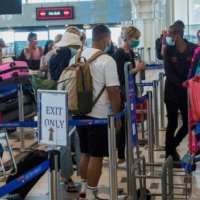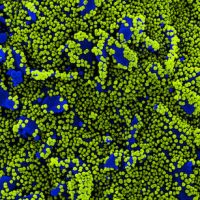On Nov. 24, South Africa told the World Health Organization that amid a recent increase in COVID-19 cases, it had identified a new variant — later named omicron — with a high number of mutations, raising concerns that it could spread more easily than other variants of the coronavirus. We’ll go through what we know so far about omicron.
FactCheck.org®
A Project of The Annenberg Public Policy Center





